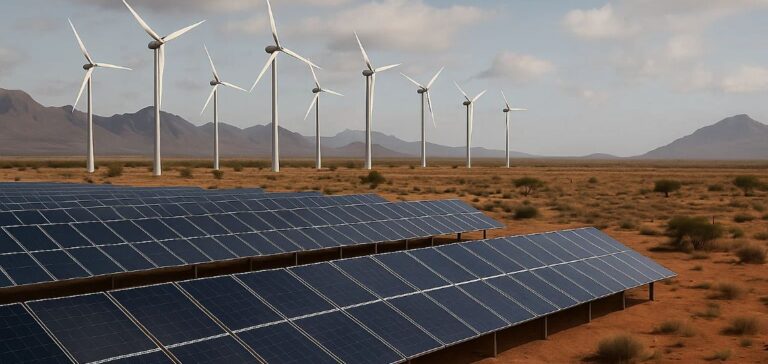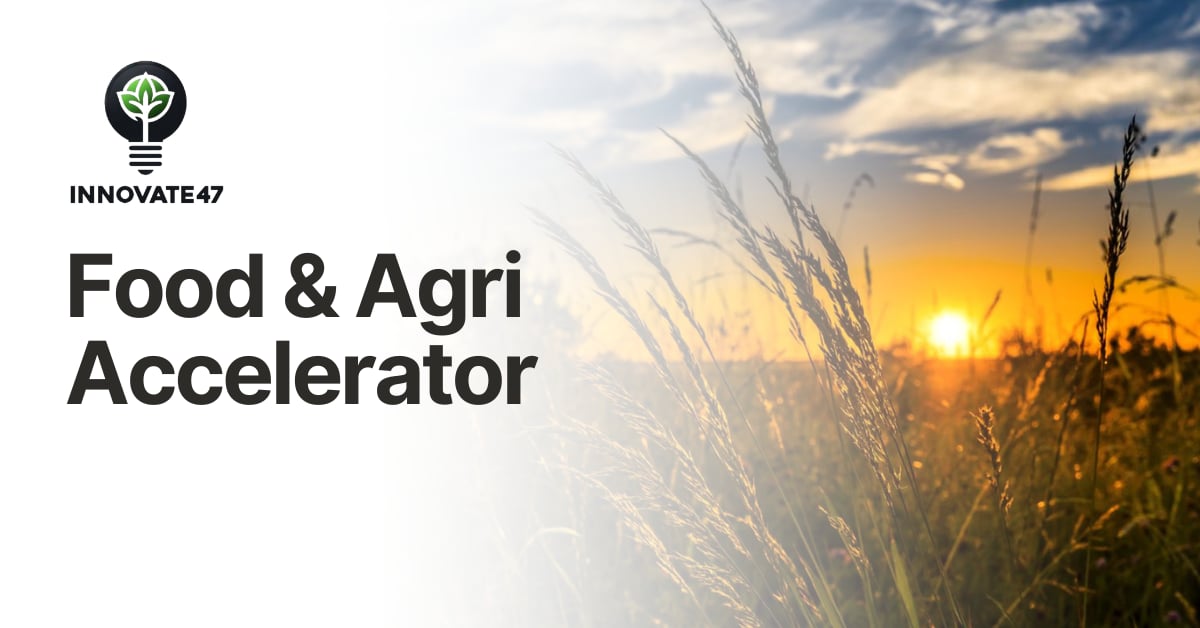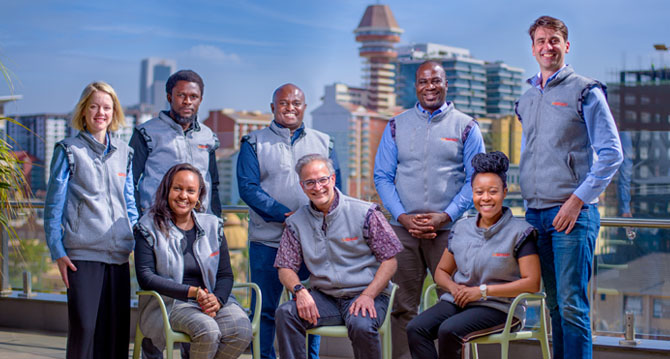July 2025 set a new benchmark for Africa’s startup scene, with $555 million raised, the highest monthly total this year. That’s a sharp jump from June’s $391.1 million, driven largely by a clean energy boom powered by bold equity plays and debt financing.
But did clean energy truly power Africa’s biggest funding month of 2025? Let’s break down the data, spotlight key deals, and explore what this surge means for the continent’s future.
Africa’s Energy and Innovation Challenge
With over 600 million Africans lacking electricity and 1 billion relying on traditional fuels for cooking, the continent faces a dual challenge: expanding energy access while embracing sustainable solutions.
The International Energy Agency (IEA) estimates that achieving universal energy access by 2030 requires $200 billion annually, with clean energy, solar, wind, and mini-grids at the forefront.
Meanwhile, Africa’s startup ecosystem is diversifying, with fintech, AI, and biotech joining clean energy as hotbeds of innovation. July 2025’s funding boom reflects this dynamic shift, driven by a blend of debt and equity deals.
The Surge: July 2025’s Funding Breakdown
July 2025 was a landmark month, with African startups securing $555 million across 61 deals, 83% of which ($460 million) came from debt financing. Clean energy dominated, accounting for the lion’s share of capital, particularly through mega-deals in East and Southern Africa.
Below, we highlight the key clean energy deals and other notable investments that shaped the month:
Clean Energy Mega-Deals
d.light (Kenya, East Africa)|Off-Grid Solar Energy|$300M debt
Pay-as-you-go (PAYG) solar provider d.light secured a $300 million receivables financing line, boosting its total structured finance to over $840 million.
This deal will expand solar home systems and consumer appliance financing across Africa, empowering millions of off-grid households.
Sun King (Kenya, East Africa) | Off-Grid Solar Energy | $156M debt
Sun King closed a KES 20.1 billion (~$156M) securitisation deal, the largest PAYG solar financing in sub-Saharan Africa outside South Africa.
Backed by Citi and Stanbic Bank Kenya, it will finance 1.4 million solar systems and smartphones for low-income Kenyan households.
READ ALSO:
Sun King’s Pay-Go Solar Campaign Gets Major Backing with Record $156M
Candi Solar (Switzerland, operates in Southern Africa) | Clean Energy (Solar) | $24M debt
Candi Solar raised $24 million, including a $20 million convertible loan from Norfund and a $4 million mezzanine top-up, to expand solar panel installations in South Africa and India.
Zero Carbon Charge (South Africa, Southern Africa) | Clean Energy (EV Charging) | $5.6M equity
The Development Bank of Southern Africa invested ZAR 100 million (~$5.6M) to build solar-powered EV charging stations every 150 km along South African highways, reducing grid reliance.
ARC Ride (Kenya, East Africa) | E-Mobility | $5M debt
Nairobi-based ARC Ride secured $5 million from British International Investment to deploy 5,000 electric “boda-boda” motorcycles and expand its battery-swapping network.
Solarise Africa (South Africa, Southern Africa)|Renewable Energy (C&I Solar)|$3.4M mezzanine equity.
Mergence Investment Managers provided follow-on funding to scale commercial solar projects.
Why This Matters: The Impact of Clean Energy Funding
Scaling Energy Access
The $300 million and $156 million debt deals for d.light and Sun King alone will bring solar power to millions of off-grid households, reducing energy poverty.
These PAYG models make solar systems affordable through instalment payments, transforming lives in rural areas.
Driving Climate Innovation
Investments in Zero Carbon Charge and ARC Ride highlight the rise of green transport infrastructure. Solar-powered EV charging and electric motorbikes reduce carbon emissions and reliance on fossil fuels, aligning with Africa’s climate goals.
Economic and Social Benefits
Clean energy projects create jobs and stimulate local economies. For instance, Yikodeen’s $1.5 million equity raise will boost manufacturing and employ hundreds, with over 60% of jobs for women, while Rwazi and Cerebrium’s AI ventures signal Africa’s growing role in global tech innovation.
What Sets July 2025 Apart?
July’s funding surge stands out for several reasons:
- Debt-Driven Growth: Debt financing accounted for 83% of the $555 million raised, with clean energy giants like d.light and Sun King leveraging local-currency securitisations to scale rapidly.
- Regional Leadership: East Africa, led by Kenya, dominated with over $460 million in deals, driven by clean energy. Southern Africa showed diversity with biotech, AI, and EV charging, while North and West Africa contributed smaller but impactful rounds.
- Blended Finance: Deals like Candi Solar’s $24 million raise (combining convertible loans and mezzanine funding) reflect innovative financing models that reduce investor risk and attract private capital.
- Local and Global Investors: Homegrown funds like Aruwa Capital and Azur Innovation Fund, alongside international players like Norfund and Google’s Gradient Ventures, highlight a balanced investor ecosystem.
READ ALSO:
Mergence Invests R60M in Solarise Africa to Power Africa’s Clean Energy Future
A Bright Future Powered by Clean Energy?
July 2025’s $555 million funding haul, led by clean energy giants d.light and Sun King, confirms that clean energy powered Africa’s biggest funding month of the year.
These investments, combined, signal a maturing startup ecosystem tackling both developmental and technological challenges.
By addressing financing barriers and encouraging local innovation, Africa is set to tap into its vast renewable potential, driving sustainable growth for decades to come.
Ronnie Paul is a seasoned writer and analyst with a prolific portfolio of over 1,000 published articles, specialising in fintech, cryptocurrency, climate change, and digital finance at Africa Digest News.






